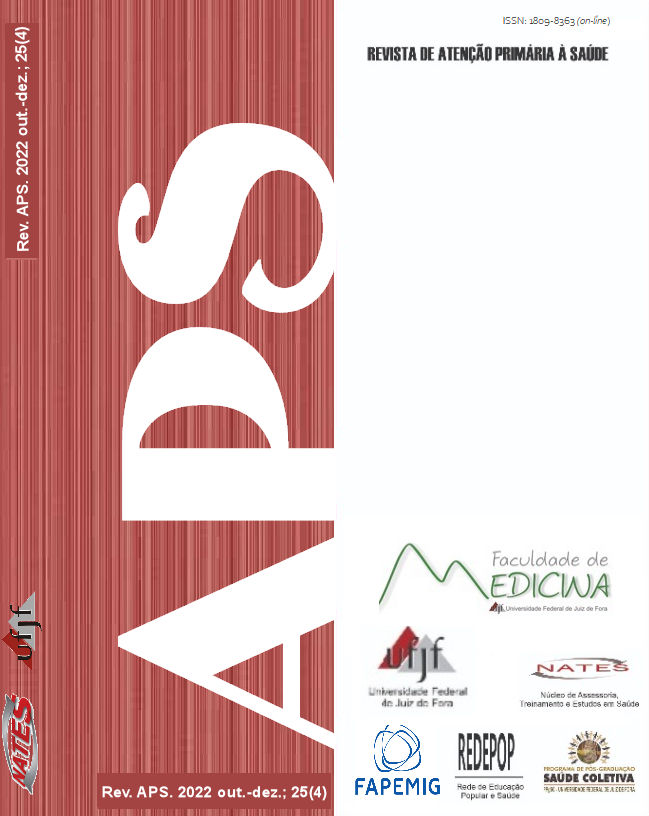A gerência de Unidades Básicas de Saúde no Vale do Jequitinhonha: entre a política nacional e o fazer regional
DOI:
https://doi.org/10.34019/1809-8363.2022.v25.37963Keywords:
Administração de serviços de saúde, Atenção Primária à Saúde, Política de Saúde, Estratégia Saúde da FamíliaAbstract
This study sought to problematize how the PNAB text published in 2017, which proposes to include managers in PHC in Brazil, has been appropriated and carried out regionally. In this sense, a descriptive cross-sectional study was carried out, aiming to identify the profile of managers in the region; followed by conducting in-depth interviews on how the management process takes place on a day-to-day basis. It was noticed that 96.23% of the managers are female. Regarding training, the predominant degree was Nursing, representing 98.08%, and 86.79% reported reconciling the exercise of management with other activities. Through the interviews, the following categories emerged: The meaning of management; The day-to-day work: between assisting and managing; and management training. The work process in the BHUs of the studied region expresses a precarious work regarding the accumulation of care and managerial functions, something important to be considered in the construction of national policies. In addition to cultural aspects, it is pointed out how the appropriation of policy texts can be read and interpreted in a way that disregards the guiding principles of SUS policy, such as integrality and social participation.











